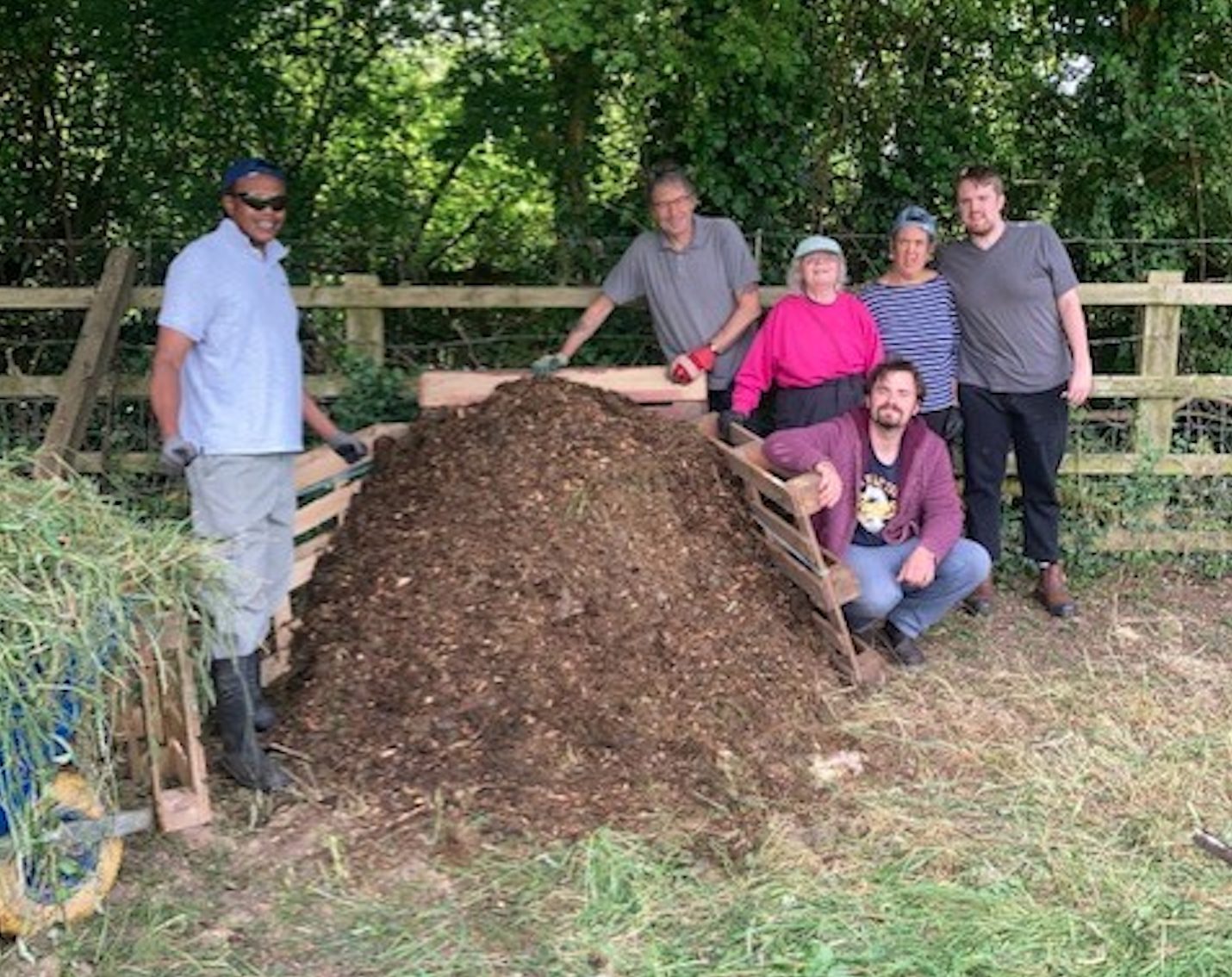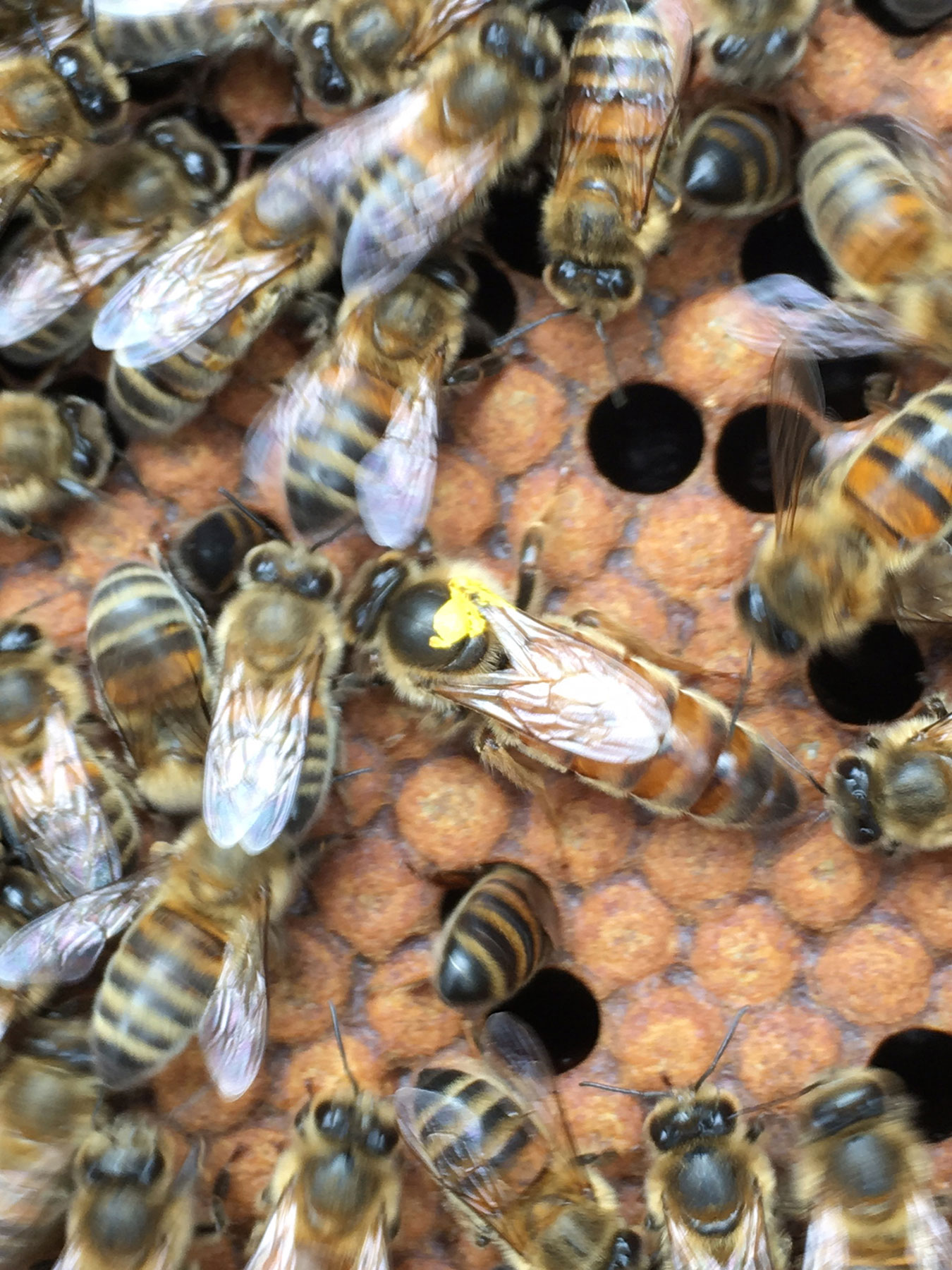
Help The Bees
“In nature, nothing exists alone”.
— Rachel Carson, 1962
It’s Earth Day on 22nd April, and we’re helping to raise awareness of endangered species, namely bees!
At CMKC, we have a handful of beehives because they are vital to the balance in nature and our gardens and orchards.
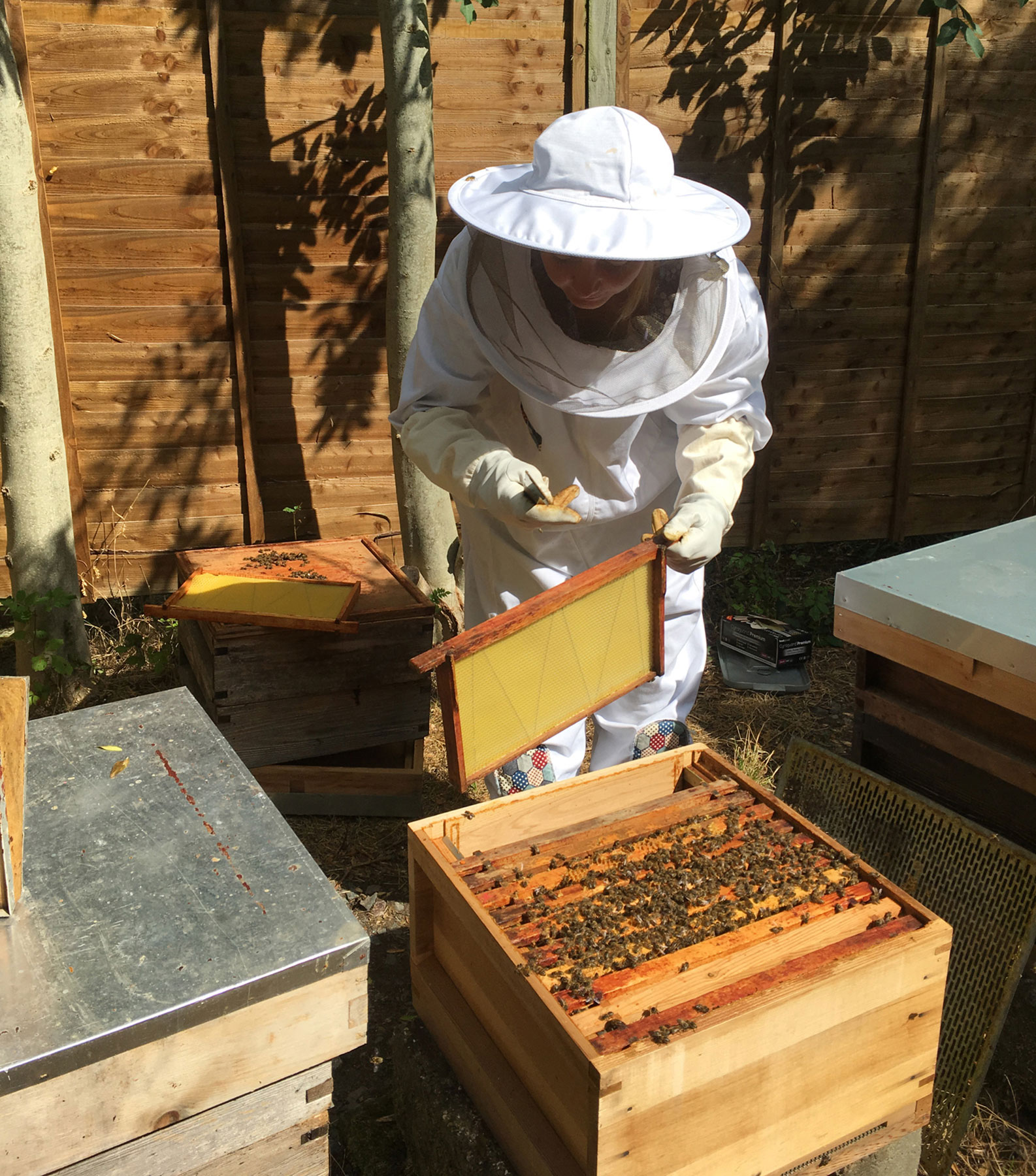 Bees are natural pollinators so without them; we would have no crops! No level of involvement by humans can replace our buzzy friends, and we wanted to tell you a little bit more about how vital they really are and what we can do to help their survival.
Bees are natural pollinators so without them; we would have no crops! No level of involvement by humans can replace our buzzy friends, and we wanted to tell you a little bit more about how vital they really are and what we can do to help their survival.
Wildlife is at constant threat from us – globalisation, pollution, destruction and so much more but there are a few things we can do to help our local bees thrive.
Here’s our guide to what you can do to help bees in your urban or country garden, allotment and even window box.
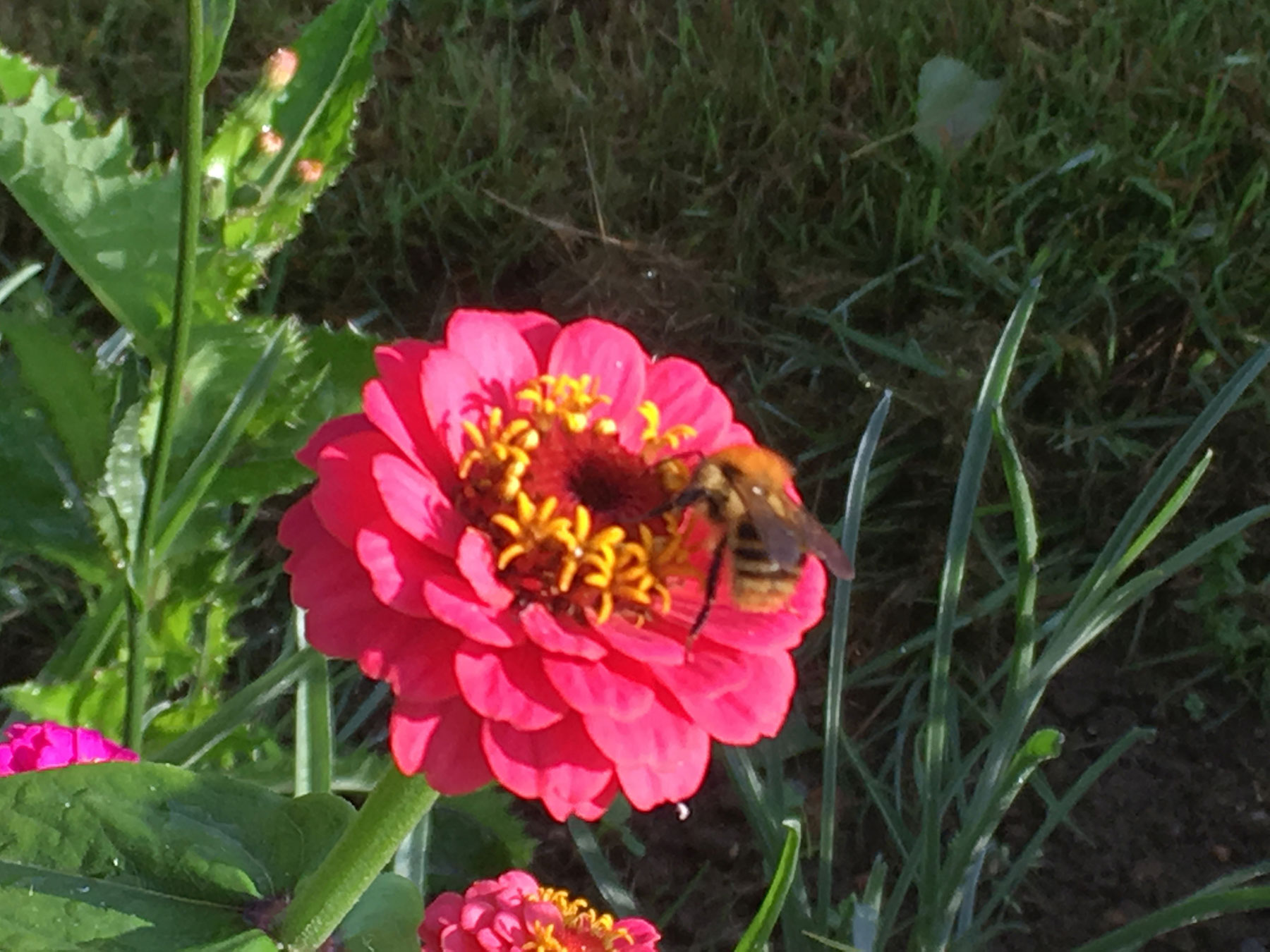 Cut Out Pesticides
Cut Out Pesticides
Stop (or reduce) chemical weed killers and pesticides – there are lots of natural pesticides on the market that do not use chemicals. Try a few out; the bees will thank you.
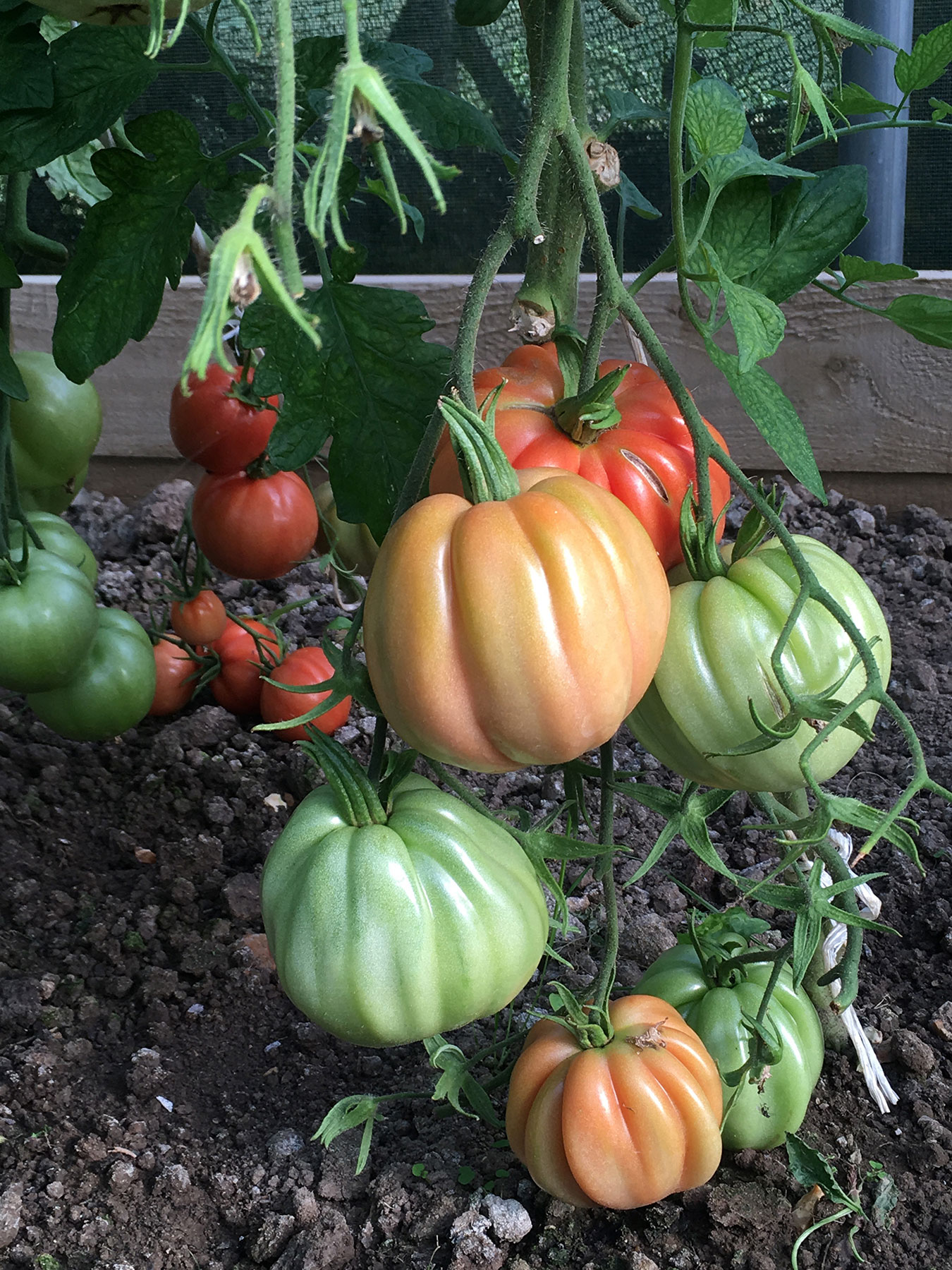 Companion-Growing
Companion-Growing
Companion-growing helps your plants thrive, repels pesky bugs but it also attracts more pollinators.
Here are a few examples:
Planting calendula with broccoli is a match made in heaven because calendula produces a sticky substance that attracts aphids and traps them there, leaving the broccoli (almost) alone.
Growing Greek Basil alongside tomatoes is another companionship we love, the strong scent of the basil is off-putting to some pests, further reducing an attack on your plants. Basil also helps to improve the taste of the tomatoes so really; it’s a win-win situation.
Planting herbs, especially flowering ones in your garden, patch, allotment or balcony is beneficial because of its heavily scented.
Remember! Pests avoid strong aromas.
Dandelions Are Your Friends
Dandelions aren’t weeds, and really, they are powerful herbs in their own right and bees just love them. Don’t weed them out in early spring when not much else is in bloom, save them for the bees and other pollinators, and if you must remove them, consider their herbal benefits, as the whole plant – petals, leaves and roots can be consumed.
Establish a Meadow
If space allows, grow wildflowers. You’ll benefit from an abundance of colourful poppies, cornflowers, buttercups, red clovers, yarrow and other wild blooms but bees, birds and small animals will love them too.
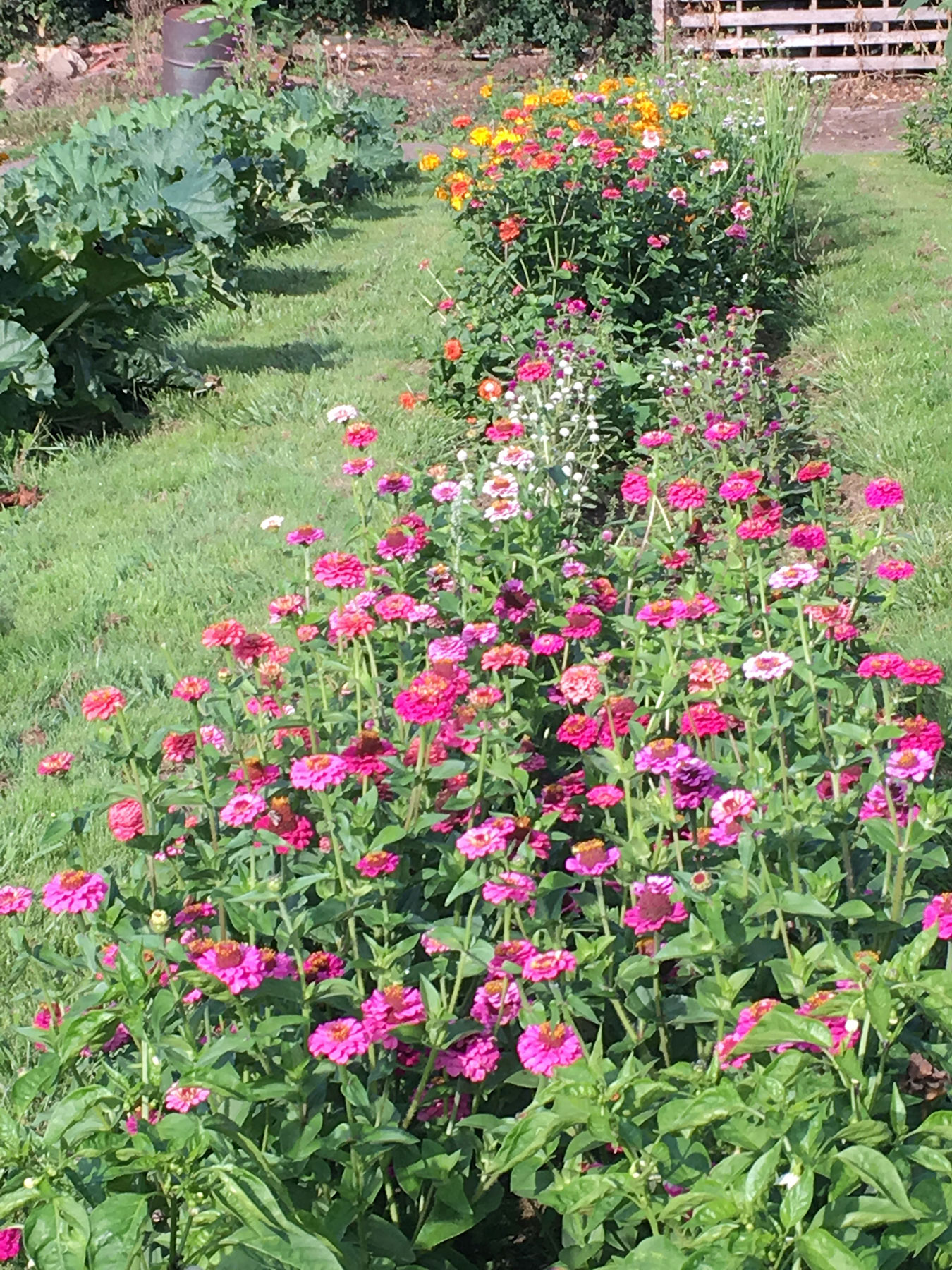
Introduce Hedgerows
One of the best sources of pollen and nectar for all pollinators are hedgerows. Pussy willow and hawthorn will bloom in abundance in the spring and summer months. Hedgerows will also provide a safe breeding spot, so they’re not just a source of food, but will help our bees thrive.
Report a Swarm – Do Not Exterminate
Before calling pest control, please remember that every council across the UK has specially commissioned beekeepers who can collect bee swarms from your property. We need to save and protect our bees, not terminate them.
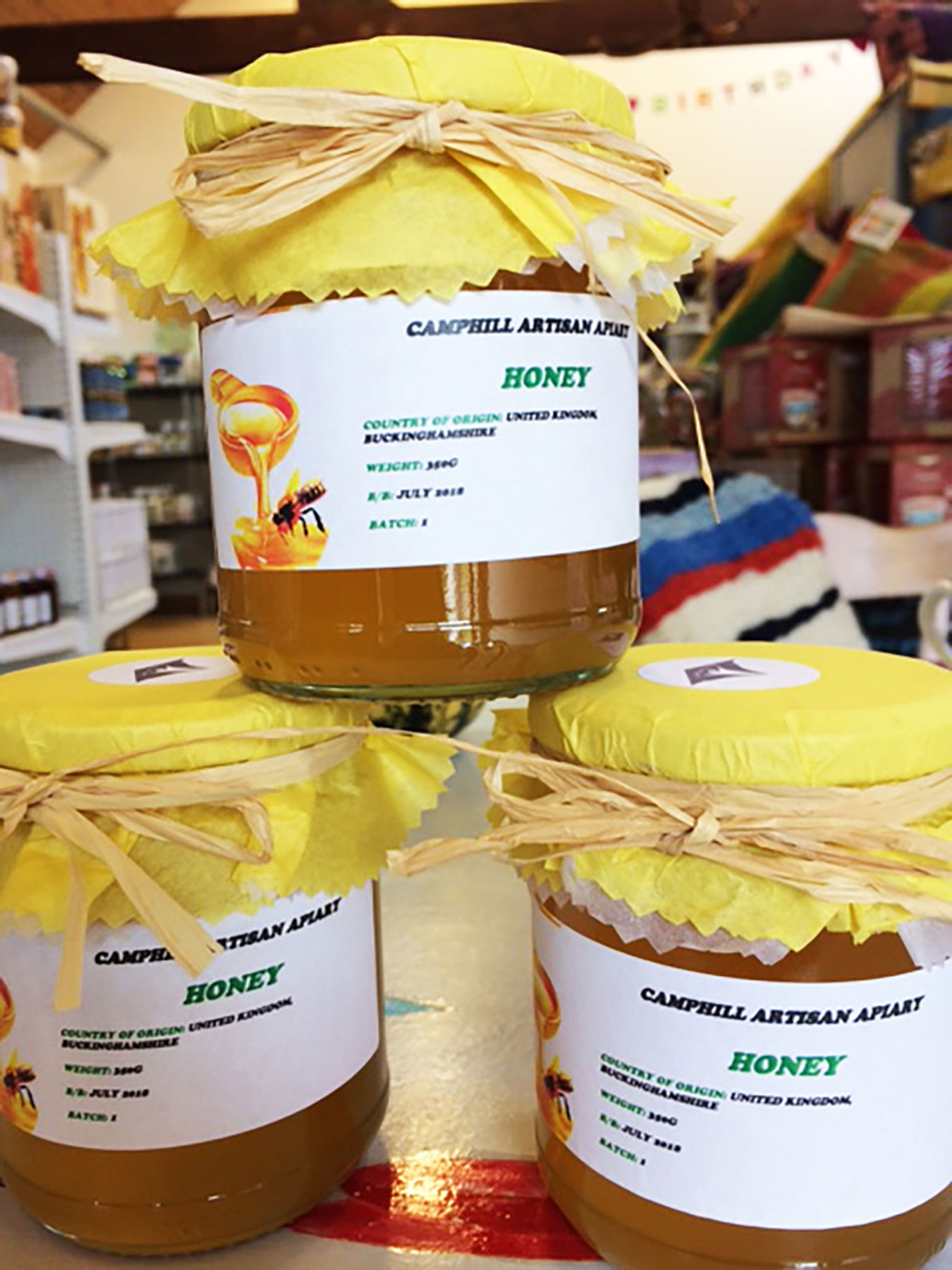
Honey Benefits
Honey is full of antioxidants and can improve cholesterol levels and is a superb alternative to refined sugar. It also contains acids and phenolic compounds like flavonoids which help to fight free radicals in the body. We know it’s great with lemon for colds, but it can also help with hayfever and other pollen-related allergies. Because local honey is made with local pollen, it can help the body assimilate to pollen outbreaks alleviating symptoms.
Awareness & Education
Some of us are a little fearsome of bees, it’s natural, but they are not here to harm us. It’s a simple fact that without bees, humans would not exist. They are also endangered and face many challenges, so if you’re interested in nature and the environment, get to know bees a little better.
The British Bee Keepers Association is an excellent source of information, as is the Woodland Trust, and Friends of the Earth can help you identify them.
Bees at Camphill MK Communities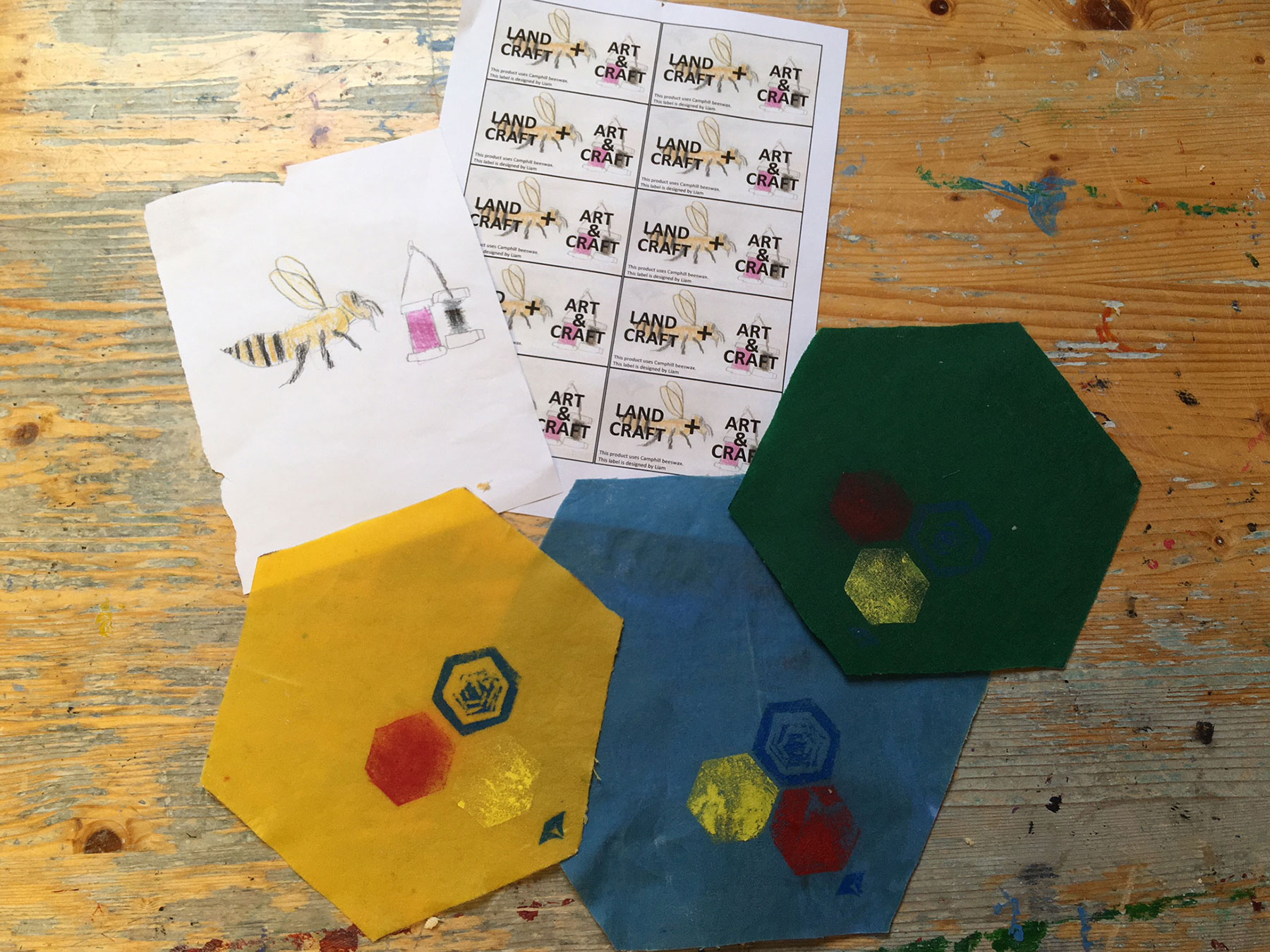
You already know that we keep bees, and love that they help our gardens and orchards thrive. We also sell a small seasonal amount of honey in our Shop, serve it in our cafe, but also make beeswax products. In our Art & Craft Workshop, we have been making reusable wax cloths that we also sell in our shop, which is slowly but surely moving towards refill and zero-waste.

